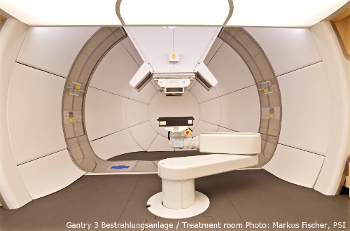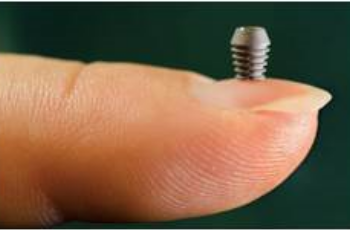Specialists in Parkinson's Disease
9 Specialists found
Kliniken Schmieder Allensbach and Heidelberg
Acute Neurology, Neurological Early Rehabilitation and Rehabilitation, Neuroradiology and Radiology
Allensbach
Information About the Field of Parkinson's Disease
What Is Parkinson's Disease?
Parkinson's disease (or Parkinson's syndrome, colloquially usually "Parkinson") is a chronic disease that affects the nervous motor system. A progressive loss of nerve cells characterizes it. The so-called substantia nigra cells are affected, which appear dark in the brain due to their high iron and melanin content. These cells synthesize the neurotransmitter (a chemical "messenger") dopamine. Present in sufficient quantities, dopamine ensures the transmission of a stimulus from the brain to the muscles and is thus responsible for movements. However, if not enough dopamine is produced, the symptoms characteristic of Parkinson's disease develop.
Parkinson's Symptoms
The cardinal symptoms of Parkinson's disease are hypo- or akinesia (lack of movement or complete immobility), rigor (increased tension of the muscles), tremor (shaking), and decreased body stability. However, these usually occur at a relatively late stage.
Early in the course of the disease, symptoms are usually nonspecific and include, for example, fatigue, muscle tension, insomnia, and constipation. Over time, the motor system is increasingly attacked. Initially, those affected have difficulty performing fine motor activities, then gait and facial expressions change.
What are the Causes of Parkinson's Disease?
Parkinson's disease is an "idiopathic" disease, which means that the exact cause is unknown. It usually occurs after the age of 60; women and men are affected about equally often.
Research shows that there are other related disorders besides PD that can be inherited in families. However, these are not nearly as common.
How Is PD Diagnosed?
The diagnosis is made based on clinical tests. To do this, the neurologist examines the patient's motor function and asks him and his relatives in detail whether they have noticed any complaints (such as problems with fine motor activities, pain, or muscle tension). The next step is to examine the brain using imaging techniques (CT and MRI). This is also used to exclude other diseases that may cause neurological disorders.
Parkinson's Therapy
Parkinson's disease is always treated with medication. The starting point of the medication is the deficient messenger substance dopamine. Then, various active substances can be used to increase their concentration in the brain, slow down its degradation and reduce the messenger substances that have an effect opposite to that of dopamine.
Treatment can be supported by physiotherapy or exercise. The goal is to maintain the ability to perform everyday movements.
Surgical Therapy: Brain Pacemaker for Parkinson's Disease
If medication does not provide sufficient relief of symptoms, so-called deep brain stimulation is also an option. This relatively new procedure involves placing a small electrode in the brain and using electrical impulses to inhibit certain brain regions that produce neurotransmitters opposite to dopamine. This leads to a more balanced concentration of both neurotransmitters.
Life Expectancy in Parkinson's Disease
If Parkinson's disease is diagnosed early and the patient is well controlled with medication, life expectancy is about the same as a healthy person. However, there is still no cure for this disease.
Sources:
Medical Articles
Your benefits
If you have found a matching specialist, you can contact him/her directly and upload records if needed. And in case you need treatment, you can…
We will direct your request to the appropriate specialists
We are happy to assist you in choosing a specialist for your needs. The service of PRIMO MEDICO is always free, confidential and discreet for…
The treatment of scoliosis in transition - When is surgery necessary?
Scoliosis is a lateral deviation of the spine. This usually involves torsion of the individual trunk sections as well as a change in the side…
Specialists' Second Opition
Many people suffer from shoulder pain or hip problems. In this case, doctors quickly recommend surgical intervention. But is this really always…
High-tech against cancer: new treatment facility put into operation
At the Paul Scherrer Institute in Switzerland a new state-of-the art treatment facility, the so-called Gantry 3, has been put into operation.
Implants: "The Longer, the Better" Has Had Its Days
Ultra-short implants have a significantly better durability than expected by experts - with lower costs, treatment times, and complications.
Modern Prostheses for Natural Walking
The ankle joint is particularly susceptible to degeneration such as osteoarthritis. It has to bear the greatest weight of all joints in the body.
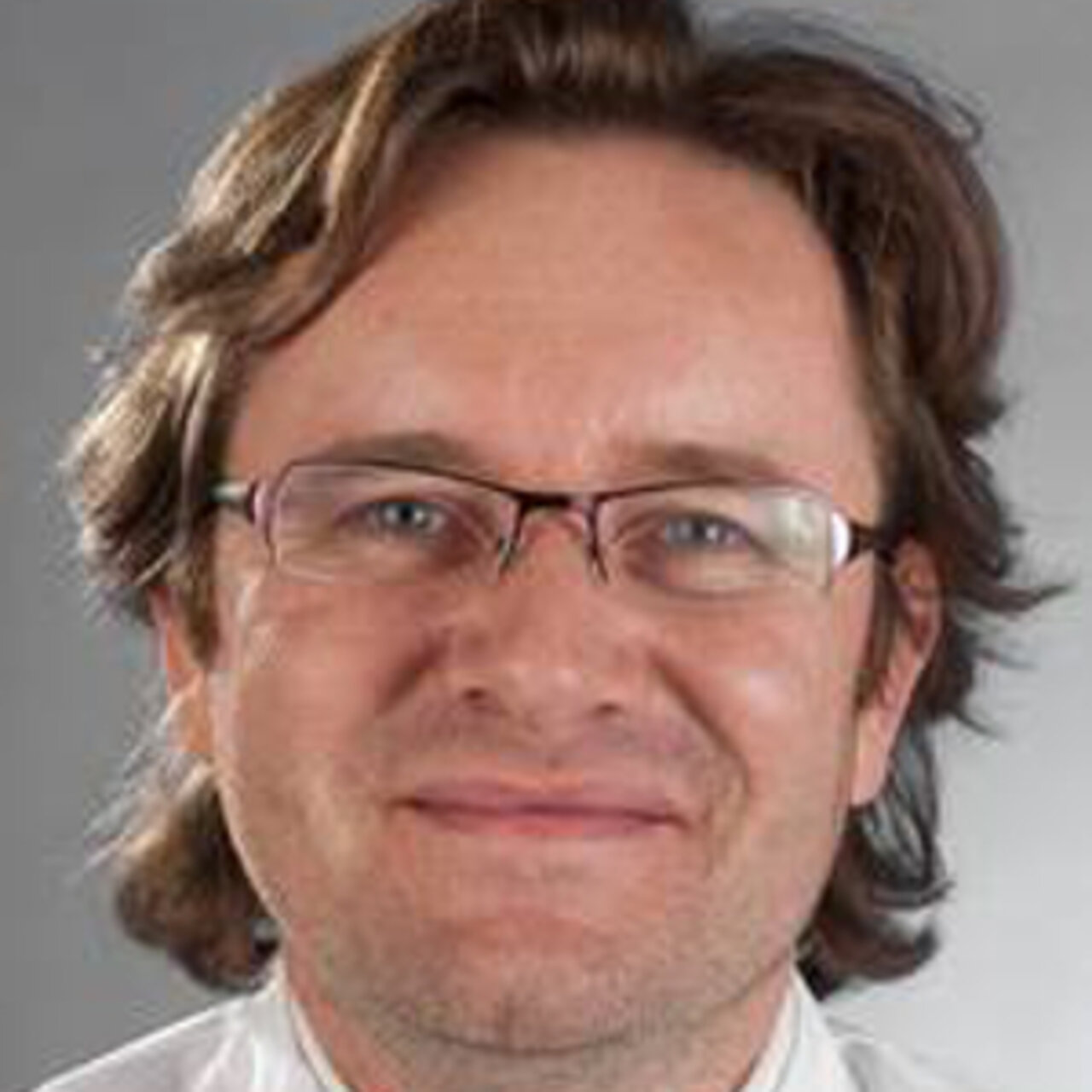

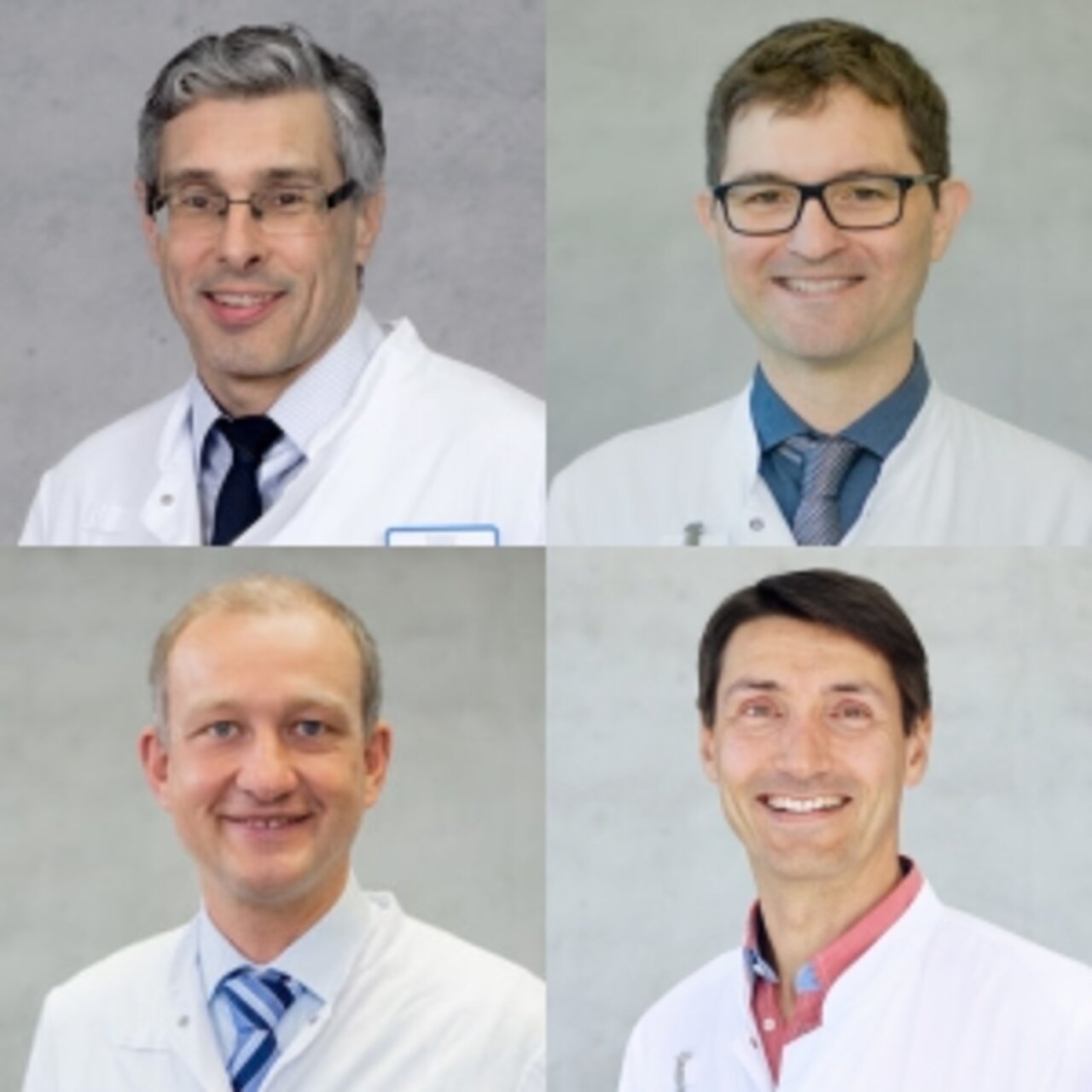


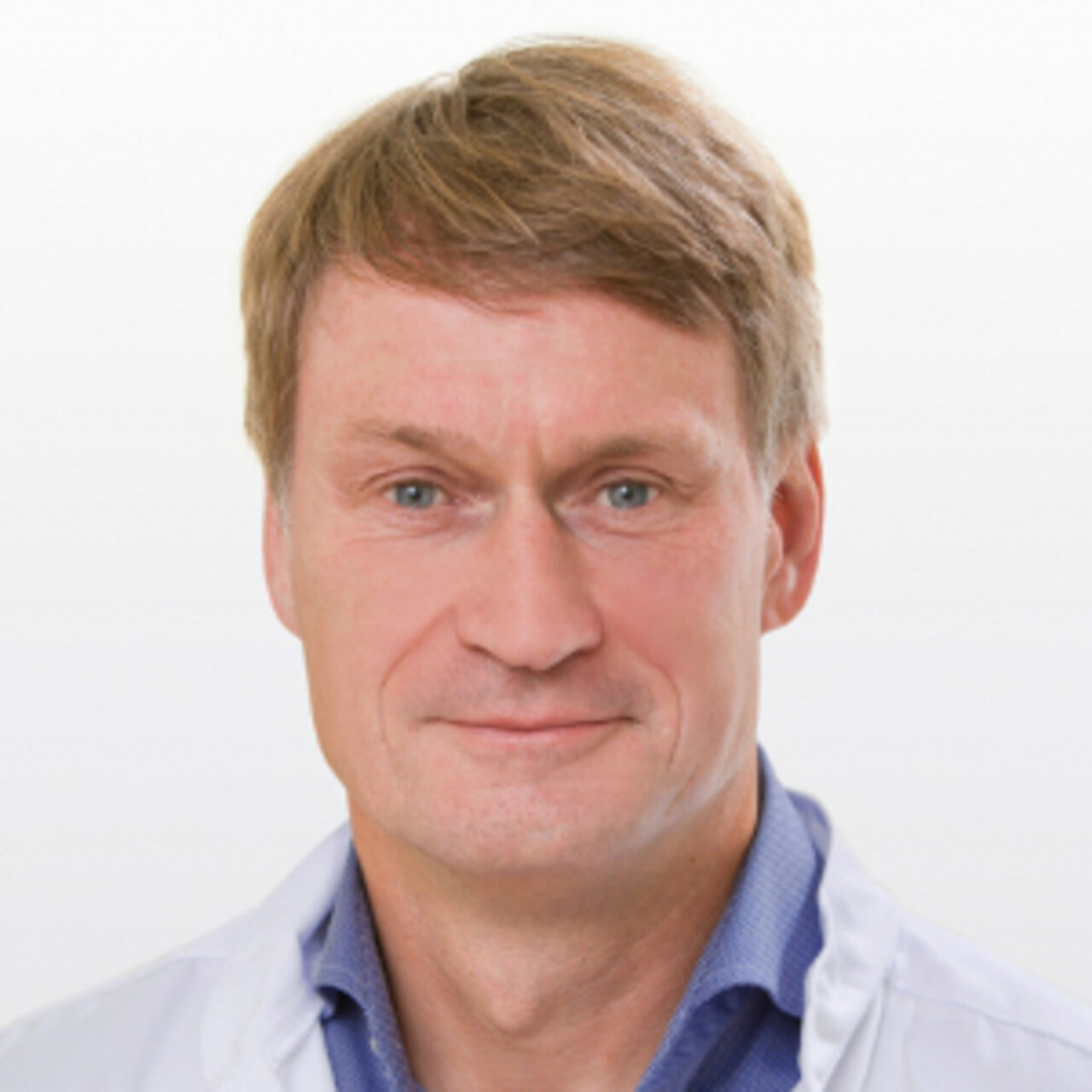
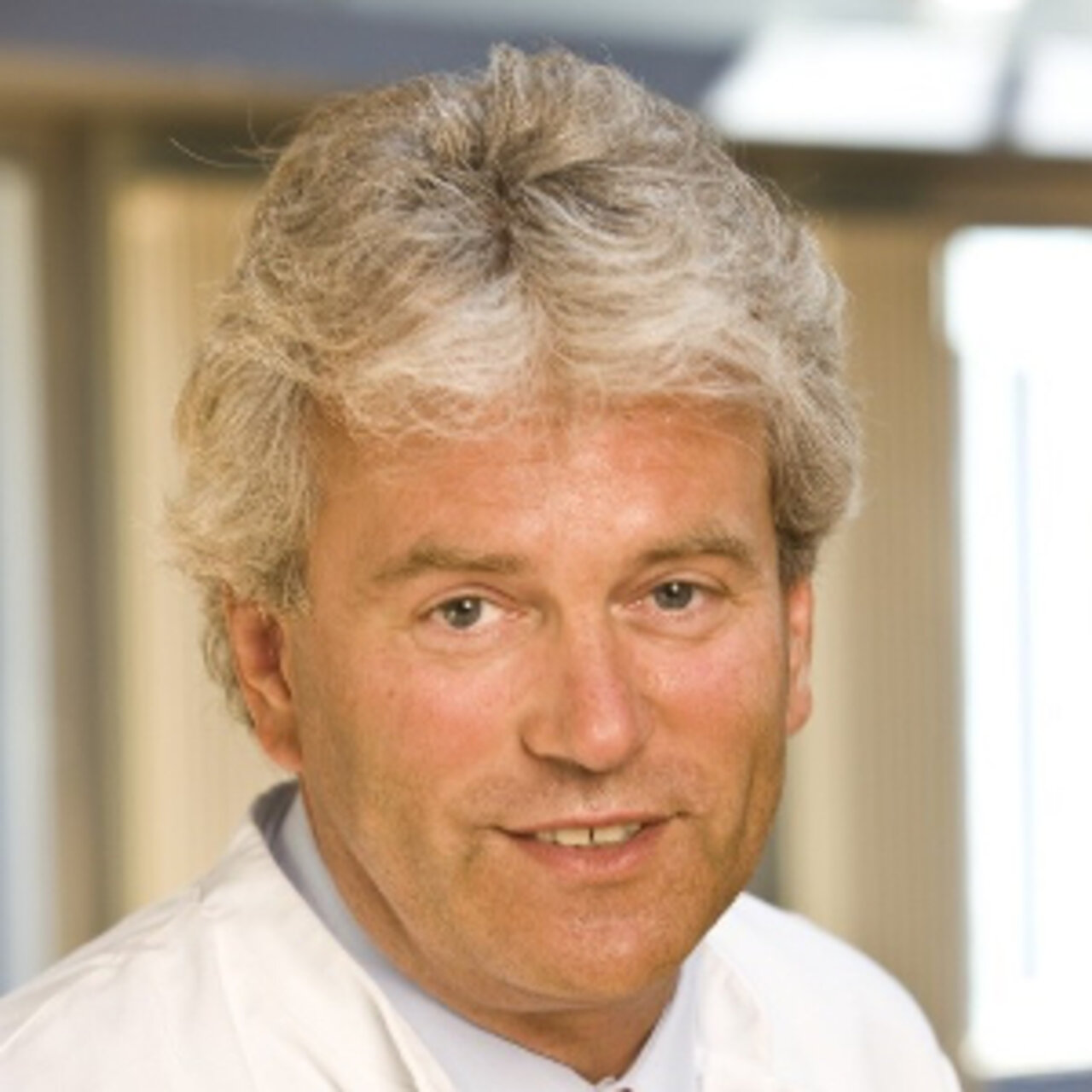




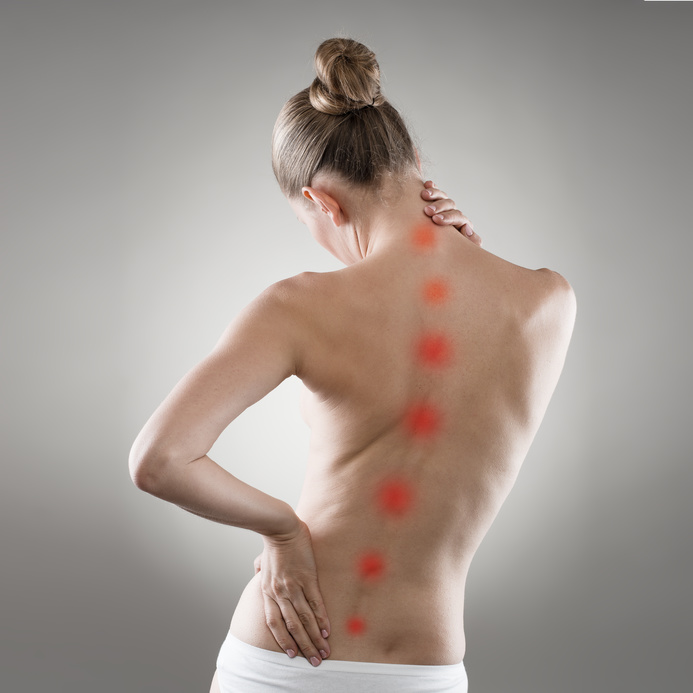
![[Translate to English:] Zweitmeinung von Spezialisten [Translate to English:] Zweitmeinung von Spezialisten](/fileadmin/user_upload/Zweitmeinung-von-Spezialisten_350px.jpeg)
